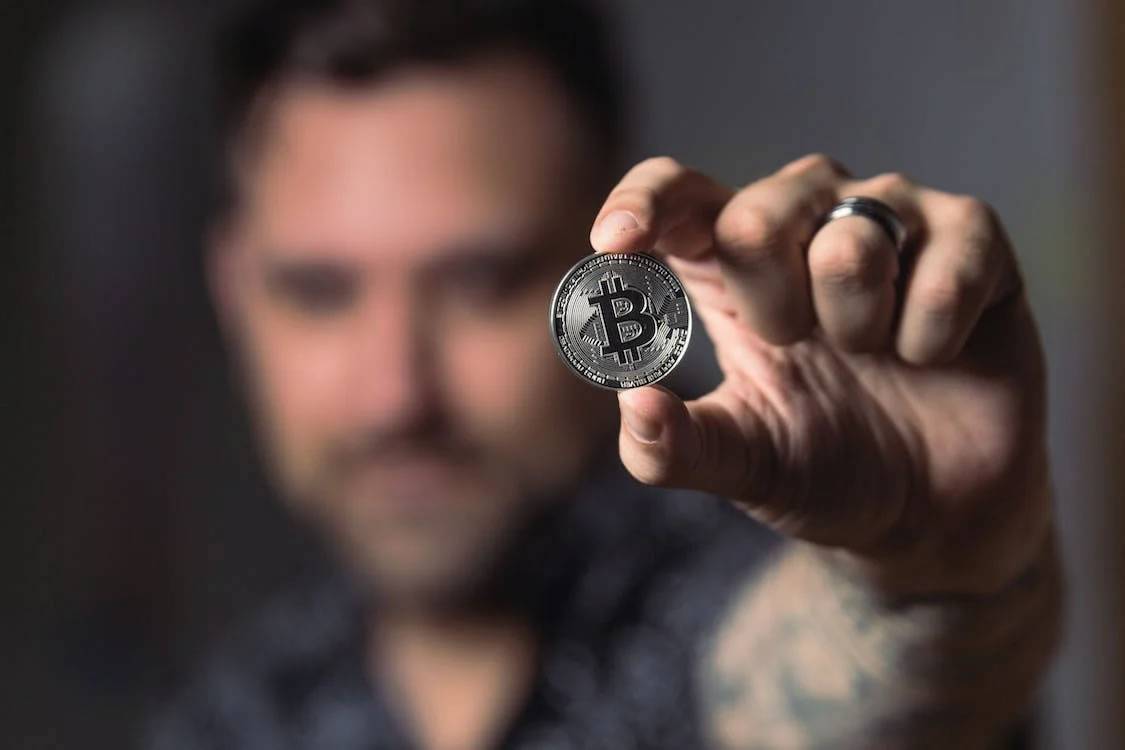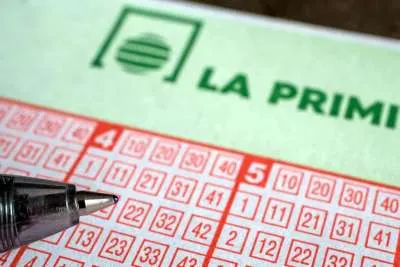Peeking into the Future: Bitcoin and Futureswap's Decentralized Derivatives
- 27-10-2023
- Business
- Canarian Weekly
- Photo Credit: Pexels
The advent of Bitcoin as the foremost decentralized digital currency has fundamentally altered the global financial landscape. It has opened the door for groundbreaking advancements, pushing the boundaries of traditional financial systems and practices.
This sweeping change has led to the emergence of innovative entities like Futureswap. Immediate GPT site is a really quick way to get started with crypto or Bitcoin trading. Sign up now and get started!
Futureswap stands as a testament to the growing influence of decentralized derivatives in determining the course of the financial industry. As more platforms of this nature continue to emerge, they bring to light essential questions about the enduring impact and the transformational potential that these fresh financial innovations harbour for the global economic ecosystem.
The Evolution of Bitcoin:
In 2009, the mysterious Satoshi Nakamoto unveiled Bitcoin to the world, marking the dawn of a new era in finance. Originally envisioned as a system for seamless peer-to-peer transactions, Bitcoin’s role has notably evolved, transcending its initial purpose. Although it still serves as a medium for exchange, it now stands as a symbol of steadfast value in the digital age, akin to digital gold. This transformation is backed by its decentralized nature, a limited supply of 21 million coins, and widespread global recognition, bolstering Bitcoin's position as a potential global reserve asset in our increasingly digital world.
What are Decentralized Derivatives?
In the realm of conventional finance, derivatives represent contractual instruments intricately linked to the valuation of underlying assets. These encompass a diverse array of financial tools, such as options, futures, and swaps, extensively employed by both institutional entities and individuals alike for purposes ranging from risk mitigation and speculative endeavours to leverage amplification.
The innovation of decentralized derivatives extends this well-established concept to the blockchain arena, fundamentally altering the landscape by eliminating intermediaries. This paradigm shift not only bestows heightened transparency, cost-efficiency, and enhanced accessibility upon market participants but also ushers in a fresh set of challenges, notably the vulnerability of smart contracts and the critical necessity for reliable oracles to facilitate accurate price data feeds.
Future Swap: A New Age Derivatives Platform.
Futureswap stands at the forefront of the decentralized derivatives landscape, exemplifying the shift towards a democratized trading environment. Rather than simply replicating traditional trading dynamics, it leverages advanced functionalities, allowing traders to harness elevated leverage coupled with protective auto-liquidation features. This ensures both user and system stability. Its decentralized core offers users heightened autonomy over their holdings, and through carefully devised mechanisms, Futureswap consistently ensures transparent and equitable pricing.
The Significance of Bitcoin in Decentralized Derivatives.
As Bitcoin becomes increasingly accepted and liquid, it solidifies its role in the decentralized derivatives arena. Through platforms such as Futureswap, traders can speculate on Bitcoin's price trajectory, presenting avenues for hedging and potential gains. Yet, the inherent volatility of Bitcoin, coupled with the intricacies of derivatives, brings about notable risks. It underscores the importance of trader diligence and a comprehensive understanding of the market dynamics.
Regulatory Landscape and Challenges.
Decentralized finance (DeFi), encompassing derivatives, finds itself at a crossroads when it comes to regulatory clarity. Regulatory perspectives differ significantly across global jurisdictions. Some regions are embracing the DeFi revolution with open arms, others proceed with careful deliberation, and a few adopt a more resistant stance.
For platforms like Futureswap, this presents a multifaceted challenge. They must adeptly manoeuvre through diverse regulatory landscapes, ensuring compliance without compromising their core decentralization principles. Traders on these platforms must be astute, recognizing the regulatory nuances of their jurisdictions and comprehending the potential repercussions on their financial endeavours.
The Road Ahead: Predictions and Possibilities.
The potential growth trajectory for Futureswap and similar platforms is significant. As traditional finance and decentralized finance (DeFi) continue to converge, there will be an increasing demand for platforms that offer sophisticated financial instruments in a decentralized manner. Furthermore, as Bitcoin continues its march towards broader adoption, its role in decentralized derivatives will only get more pronounced. Upcoming innovations might include tighter integration with other DeFi protocols, more advanced risk management tools, and solutions to address the challenges posed by regulatory bodies.
Conclusion:
By amalgamating Bitcoin's revolutionary strides with the complex world of derivatives, entities like Futureswap lead the charge in reshaping the financial landscape. While these avenues present vast opportunities, they're not without challenges.
Other articles that may interest you...
Trending
Most Read Articles
Featured Videos
TributoFest: Michael Buble promo 14.02.2026
- 30-01-2026
TEAs 2025 Highlights
- 17-11-2025































































